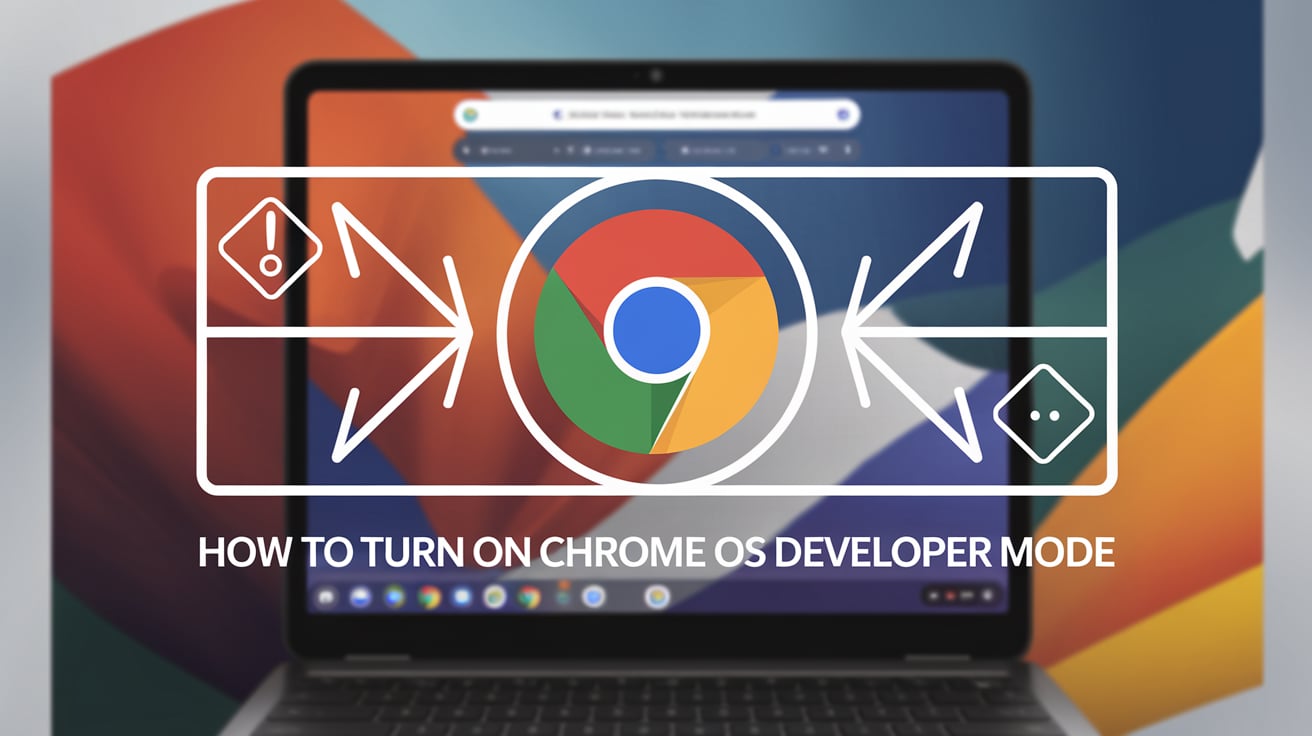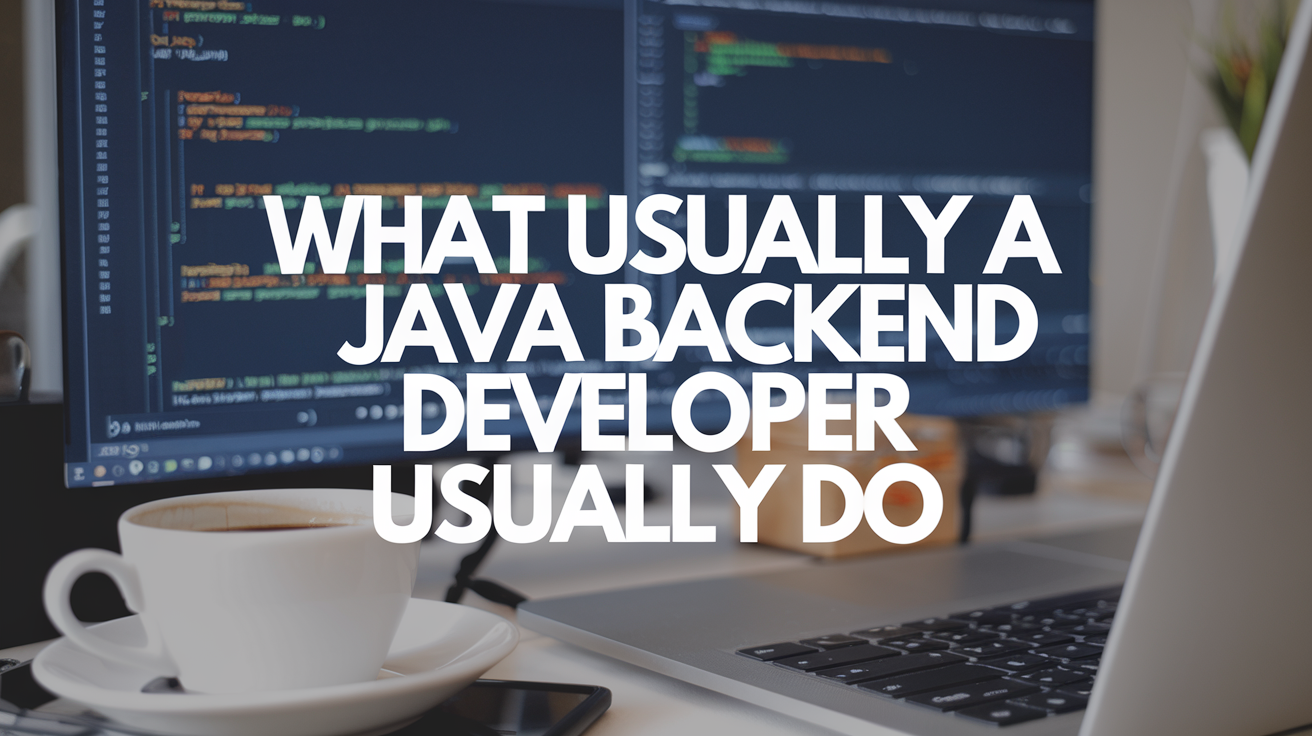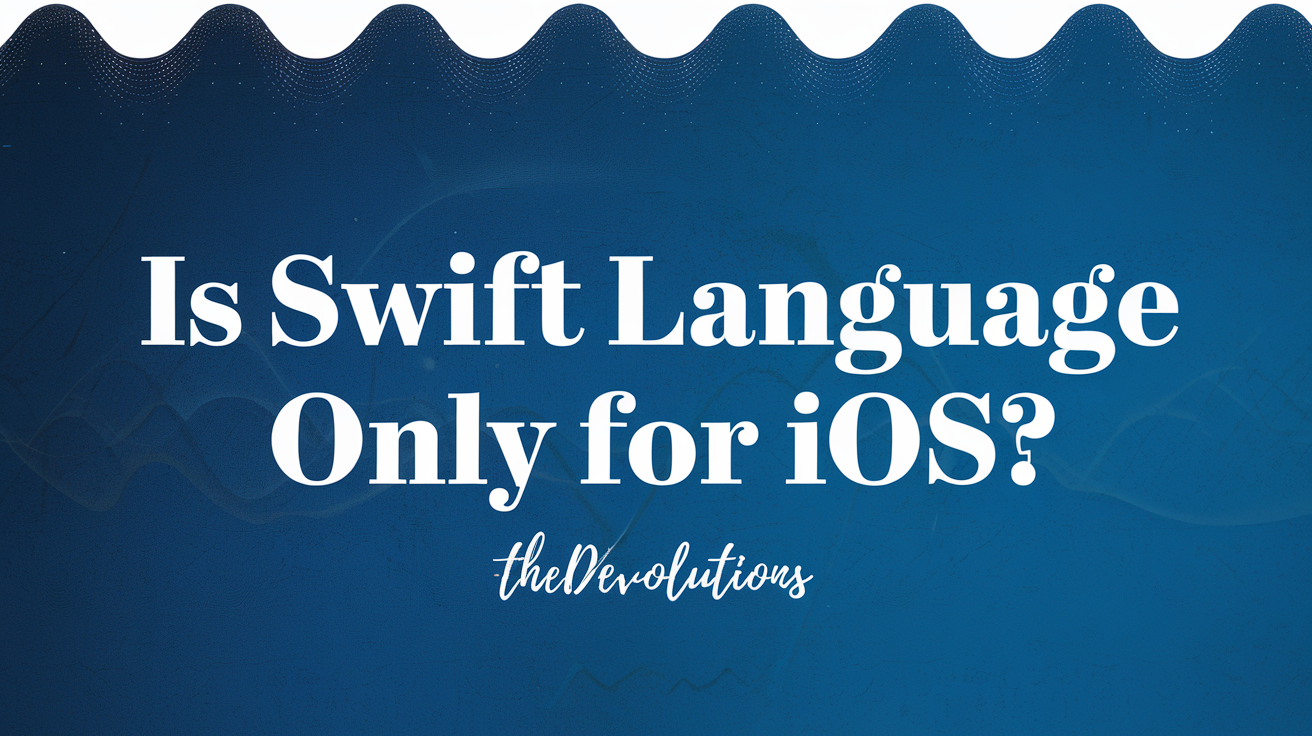7 Best Programming Languages for Web Development
Preet Chandhoke - October 7, 2024, 4:10 PM

With escalating internet usage around the globe and an increasing number of smartphone users, businesses are seeing more online sales than offline. A website is a brand identity for businesses, and it isn’t surprising that the global web development market is projected to touch USD 130.9 billion by 2032 at a CAGR of 8.03%. Though multiple programming languages can be used for web development, each with unique features and limitations, it's important to choose the right programming language for web development, for sustainable success online.
Understanding the trends in the industry, and the needs of clients, we at TheDevolutions, have brainstormed and discussed the pros and cons of each programming language for web development and come to a conclusion based on maximizing ROI for our clients.
Top 7 Programming Languages for Web Development in 2024
A recent Statista report titled “Most popular programming languages worldwide in 2024,” highlights JavaScript and Java as some of the most tested programming languages on the DevSkiller platform, followed by SQL and Python.
But when it comes to the best programming languages for web development several programming languages are vying for attention. From JavaScript, known for its versatility in both front-end and back-end development, to Python, for its simplicity and frameworks like Django, each language has its strengths. Let’s see what they are:
1. Python
If you have ever used Spotify or Instagram, then you are looking at the brilliance of Python. Python is a multi-purpose programming language that offers multiple frameworks and is the best programming language for back-end web development. In 2020, Python overtook Java in RedMonk's programming language popularity list. This might be because of the ability of frameworks like Django CherryPy, Pyramid, and Flask, to web2py, to enable the rapid development of web applications by providing essential tools and libraries. At Devolutions our programming experts have enabled the deployment of Django web framework, written entirely in Python.
Pros: Easy to learn, large community, extensive libraries, excellent for backend development, highly versatile
Cons: Slower execution speed compared to compiled languages, not ideal for memory-intensive tasks, limited front-end capabilities
2. Javascript
Javascript is considered one of the best programming languages for web development and 98.8% of websites use it for the client side. Some of the most customized, feature-rich, and dynamic websites including Google, Facebook, Linkedin, and YouTube are developed using JavaScript. There is an increased inclination towards Javascript because of its versatility and vast libraries and frameworks. It is preferred as it runs on the user's browser and the code can run on any platform. JavaScript frameworks like ReactJS and AngularJS simplify complex processes, bring a modular structure, and ensure better performance with features like virtual DOM (in ReactJS) and two-way data binding (in AngularJS).
Pros: Runs on both client and server-side (Node.js), highly interactive, supported by all browsers, large community, and libraries
Cons: Can be difficult to debug, asynchronous programming can be complex, browser compatibility issues
3. C#
C# ranks at number four in GitHub’s PYPL (Popularity of Programming Language Index)based on an analysis of how often language tutorials are searched on Google. From the New York Times to Stack Overflow and AirBNB, C# is an object-oriented programming language and a top programming language used for web development. The fast execution, clear syntax, and rich set of libraries and tools make it apt for web development for full-stack, server, client, and hybrid.
Pros: Strong performance, well-integrated with Microsoft technologies, great for enterprise-level applications, excellent tooling and support in Visual Studio
Cons: Less flexible outside of the Microsoft ecosystem, steeper learning curve compared to scripting languages, primarily Windows-focused
5. Ruby
According to Shakuro, 3.7 million live websites and web platforms worldwide are created using Ruby on Rails. Ruby is one of the most well-known and among the top programming languages for web development because of its simplicity and flexibility. Ruby on Rails is a key framework that promotes convention over configuration and allows developers to build applications quickly. A key feature that makes Ruby a winner is that it allows developers to write less boilerplate code compared to statically typed languages and the code modifies itself at runtime, offering powerful abstraction capabilities. At TheDevolutions, our expert developers use the extensive library of pre-built packages (gems) and speed up the development of your website.
Pros: Elegant syntax, easy to read and write, great for rapid development, strong frameworks
Cons: Slower performance compared to other languages, less popular for large-scale applications, smaller community compared to Python or JavaScript
6. PHP
PHP for Hypertext Preprocessor ranks sixth in our list of the 7 best programming languages for web development. Dynamic websites and web applications can be developed with PHP and Drupa, and Wikipedia, are some of the most commonly known companies that use it. As most websites are based on WordPress, PHP powers almost 75.8% of the websites. The rich set of libraries, connectivity to multiple databases, and easy syntax make it an apt choice for web development.
Pros: Easy to integrate with HTML, large community, widely used for server-side scripting, vast hosting support
Cons: Security vulnerabilities if not coded properly, less modern in approach compared to newer languages, can be slower than other server-side languages
7. HTML/CSS
According to Statista, HTML/CSS is still the most commonly used programming language among software developers around the world, with more than 62 percent of respondents stating that they used JavaScript and just around 53 percent using HTML/CSS. When it comes to custom websites, the HTML/CSS combo remains as relevant as three decades ago. However, HTML alone doesn’t deliver and it needs the aid of CSS and other frameworks.
Pros: Easy to learn, large community, extensive libraries, excellent for backend development, highly versatile.
Cons: Slower execution speed compared to compiled languages, not ideal for memory-intensive tasks, limited front-end capabilities.
Also read: - Top magento web development companies
So, What is The Best Programming Language for Web Development?
The answer lies in what you want from your website. If you are looking for simple static sites, then HTML/CSS fits the bill, but if you want to add interactivity, choose JavaScript. For backend functionality like databases, opt for Python or Ruby and for building enterprise applications, C# is best suited, while PHP works best for dynamic websites like blogs or e-commerce.
Each year, technology is evolving and it has disrupted the web development space as well. While aspiring candidates are scurrying the web to find the answer to “What programming language should I learn for web development”, startups and established businesses alike are looking for the best programming language for web development to make a formidable presence online.
At TheDevolutions, we help startups and new entrants to compete with the best, and revamp the brand identity online for old players. With our affordable fixed monthly subscription, you can hire the best developers in the industry and bring your website vision to reality.






